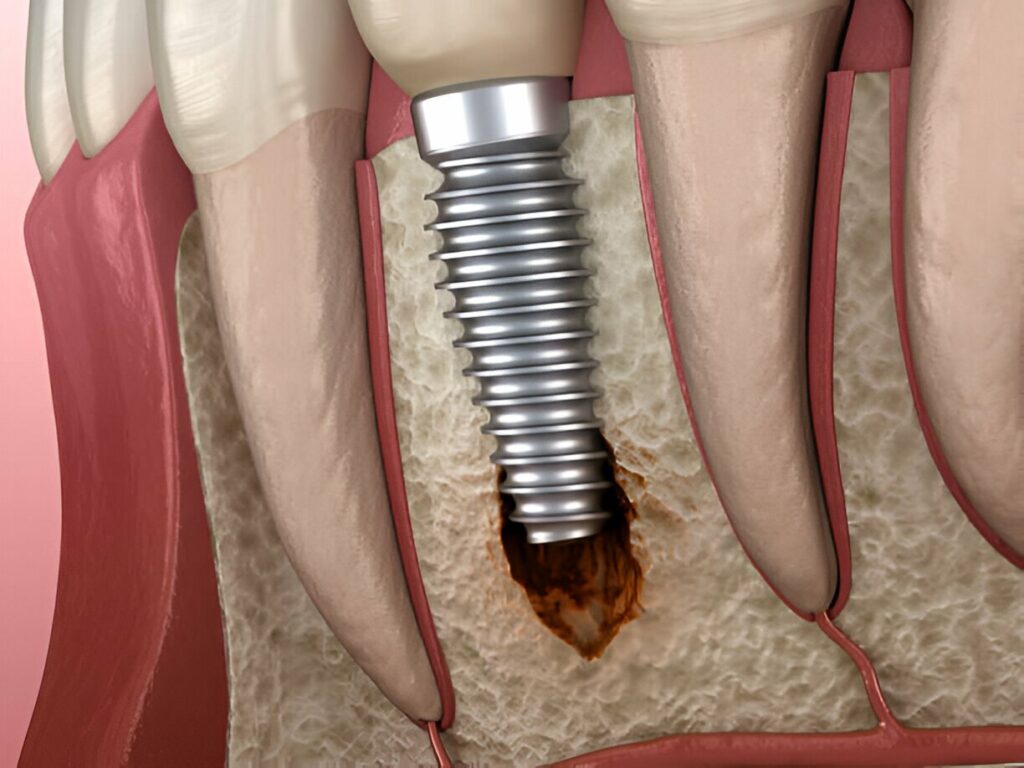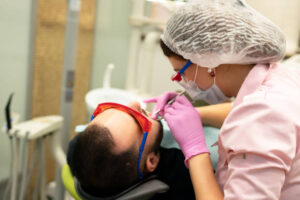Peri-implantitis is a condition that affects the gums and bone around a dental implant. If not treated, it can lead to implant failure. While it’s always best to see a dentist for any serious dental issues, there are steps you can take at home to manage and treat peri-implantitis. This article will guide you through simple, effective methods to help keep your implants healthy.
Understanding Peri-Implantitis
Peri-implantitis is an infection that causes inflammation in the gums and bone around a dental implant. It is similar to gum disease and can lead to bone loss if untreated. Symptoms include red, swollen gums, bleeding when brushing, and discomfort around the implant.
The Importance of Good Oral Hygiene
Good oral hygiene is the foundation of preventing and treating peri-implantitis. Here are some essential steps to follow:
Brushing
Brush your teeth twice a day with a soft-bristled toothbrush. Use a toothpaste containing fluoride to help fight bacteria and strengthen your teeth. Be gentle around the implant area to avoid irritation but ensure you clean thoroughly.
Flossing
Floss daily to remove food particles and plaque from between your teeth and around the implant. Special floss designed for implants can be more effective. Slide the floss gently up and down the sides of the implant to clean it properly.
Rinsing
Use an antibacterial mouthwash to reduce bacteria in your mouth. Rinse twice a day after brushing and flossing. A saltwater rinse can also help reduce inflammation. Mix a teaspoon of salt in a glass of warm water and rinse your mouth for about 30 seconds.
Home Remedies for Peri-Implantitis
While professional treatment is crucial, some home remedies can help manage peri-implantitis symptoms.
Turmeric Paste
Turmeric has anti-inflammatory properties. Make a paste with turmeric powder and water. Apply it to the affected area and leave it on for a few minutes before rinsing. This can help reduce swelling and discomfort.
Aloe Vera Gel
Aloe vera is known for its soothing properties. Apply a small amount of aloe vera gel to the inflamed gums around the implant. It can help soothe the area and reduce inflammation.
Green Tea
Green tea has antioxidants that can help reduce inflammation and improve gum health. Drink a cup of green tea daily or use cooled green tea as a mouth rinse.
Diet and Lifestyle Changes
What you eat can impact your oral health. Consider these dietary changes to support healthy gums and implants:
Avoid Sugary Foods
Sugary foods and drinks can contribute to plaque buildup, leading to more inflammation. Try to limit sweets, sodas, and other sugary snacks.
Eat a Balanced Diet
A diet rich in vitamins and minerals can support gum health. Include plenty of fruits, vegetables, lean proteins, and whole grains in your diet. Foods high in vitamin C, like oranges and strawberries, can help improve gum health.
Stay Hydrated
Drinking plenty of water helps keep your mouth clean and reduces the risk of infection. Water helps wash away food particles and bacteria, keeping your gums healthy.
When to See a Dentist
While home care is important, it’s crucial to see a dentist if you suspect you have peri-implantitis. Professional treatment may include deep cleaning, antibiotics, or other interventions to stop the infection and save your implant.
Regular Check-ups
Schedule regular dental check-ups to monitor the health of your implants. Early detection of peri-implantitis can prevent serious complications. Your dentist can also give you personalised advice on maintaining oral hygiene.
Conclusion
Peri-implantitis is a serious condition, but with proper care, you can manage it at home. Follow good oral hygiene practices, use home remedies to reduce inflammation, and make healthy lifestyle choices. Remember, seeing a dentist regularly is essential to ensure your implants stay healthy and last a long time. By taking these steps, you can keep your smile bright and your implants in great shape.
Call to Action
If you are experiencing symptoms of peri-implantitis or have concerns about your dental implants, don’t hesitate to seek professional advice. At GK Dental Implant & Cosmetic Clinic, we specialise in comprehensive dental care, including the treatment of peri-implantitis. Our experienced team is here to provide you with personalised care and ensure your dental health is in the best possible condition. Whether you are looking for a specialist or an NHS dentist in Dumfries, book an appointment today and let us help you maintain a healthy, beautiful smile.






